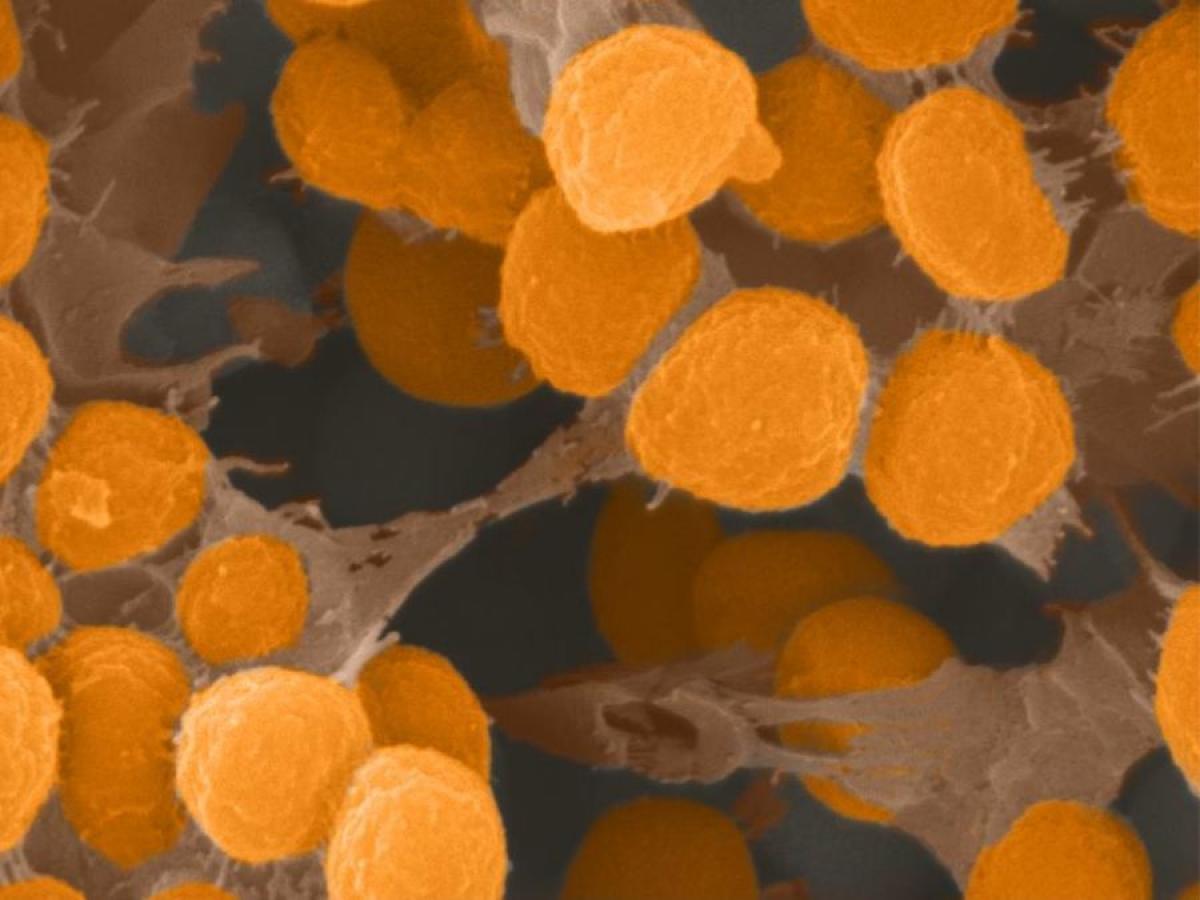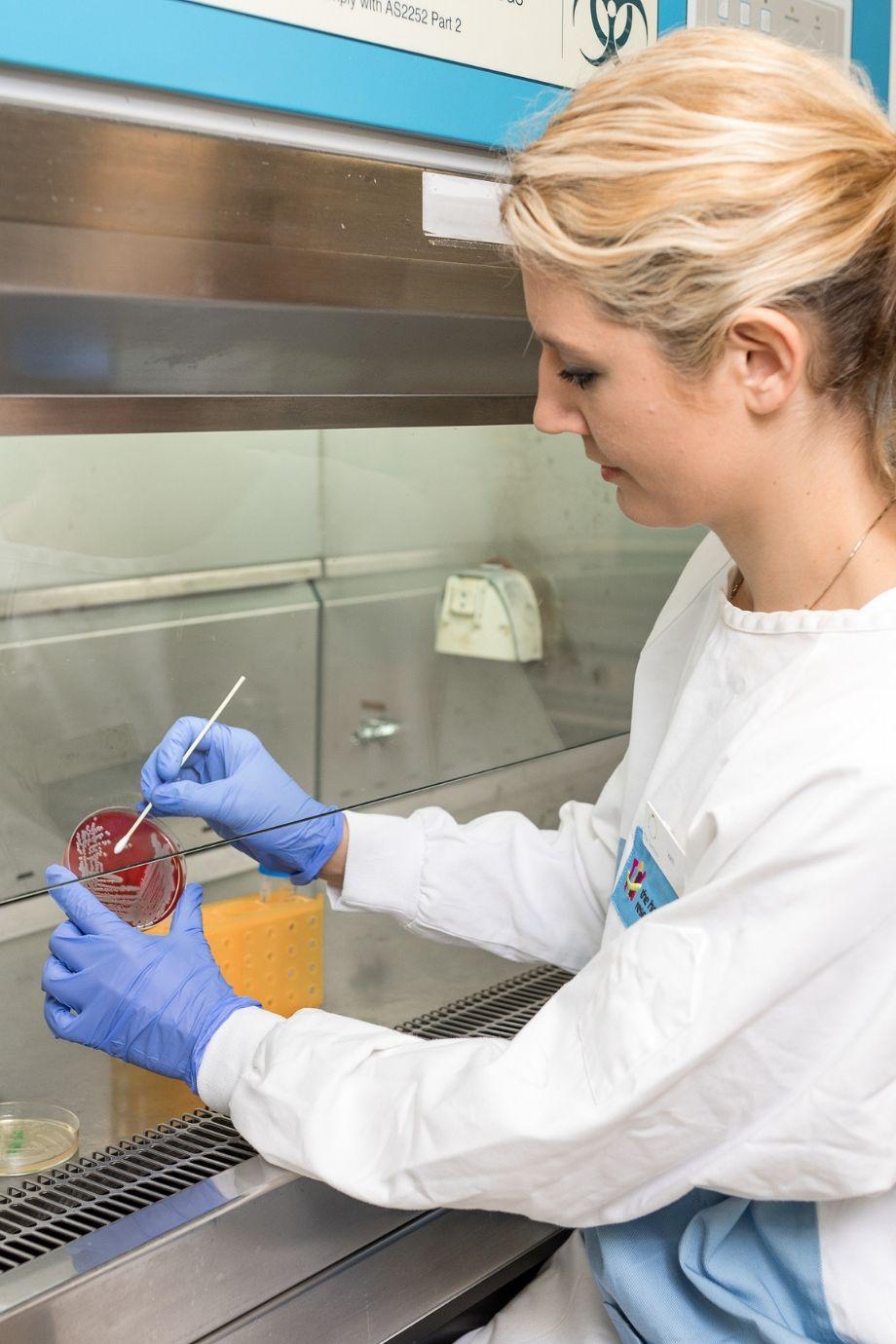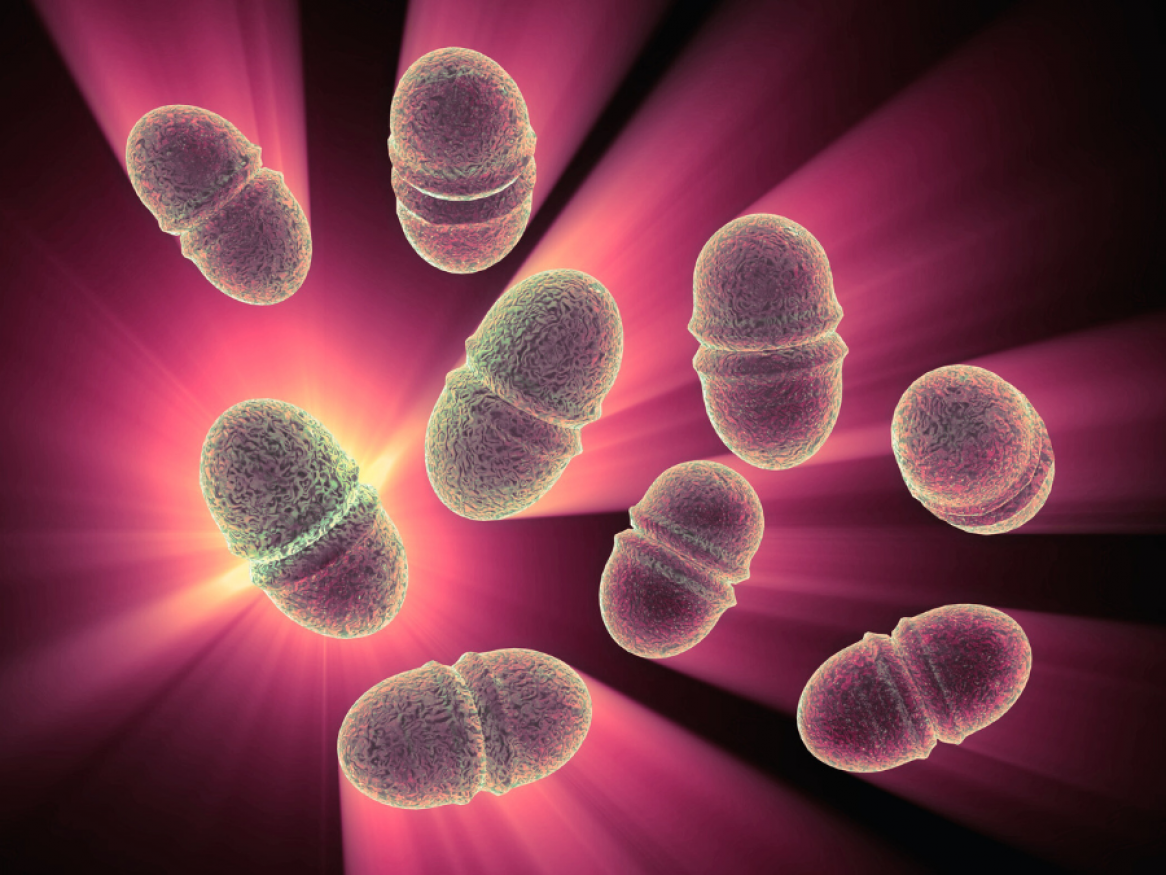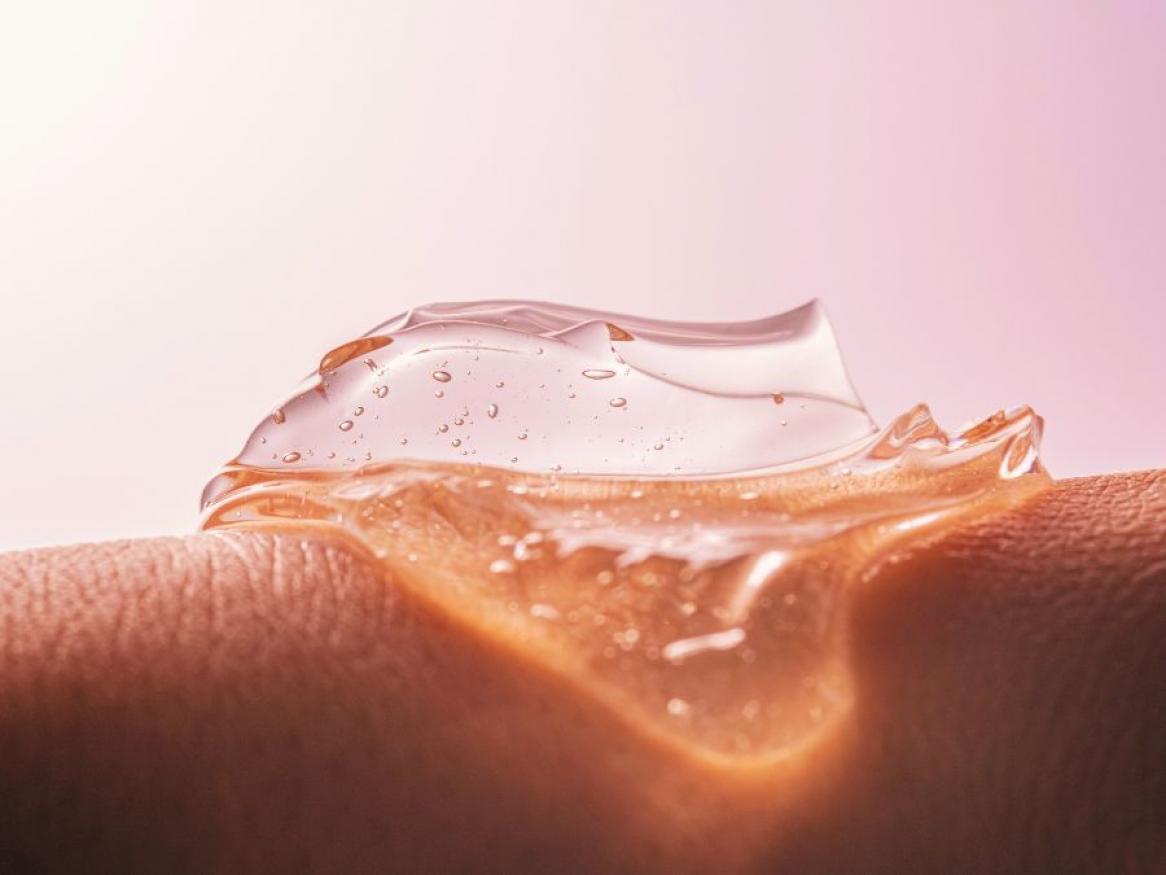The Richter Lab
The rise of antibiotic-resistant bacteria, so-called ‘superbugs’, is one of the greatest threats to human health. If we fail to rapidly create new ways to fight superbugs, 10 million people are projected to die every year by 2050.

Bacteria live in biofilms, which are clusters enveloped in a protective slime where bacteria find refuge. Biofilms hamper the efficacy of therapies by preventing antibiotics from reaching pathogens, allowing bacteria to mutate and establish resistance - thus becoming superbugs. There is an urgent need to revolutionise infection control as the best medical care with antibiotics fails to work.
Associate Professor Katharina Richter and her team develop new treatments to join the war on superbugs, pursuing the goal of bringing innovations from the lab to real-life applications.
The Richter Lab, located at the Basil Hetzel Institute (BHI), also collaborates with veterinary and food scientists to develop sanitisers to kill food-borne superbugs. This will improve decontamination processes, increase animal wellbeing and create safer and more sustainable food production.
The Richter Lab's vision is to transform infection control for the rapid translation of four innovative, antibiotic-free strategies from preclinical validation to clinical trials. These innovations may become essential weapons for our arsenal against superbugs and therefore save lives. The strategies are part of the lab's the 3 main themes below.
The above strategies have two main goals.
To improve infection control and wound care, providing urgently needed alternatives to increasingly ineffective antibiotics.
To innovate food industry sanitisation with an ecofriendly food sanitiser, that can prolong shelf life, fight food waste and reduce water consumption.
Group Members

Associate Professor Katharina Richter
Future Making Fellow
Division of Research and Innovation
Institute for Photonics and Advanced Sensing (IPAS)
The University of Adelaide, AUSTRALIA 5005
Email: katharina.richter@adelaide.edu.au
- Dr Adrian Abdo - Senior Postdoctoral Researcher & Lab Manager, Plasma for Wounds & Food, Gel
- Dr Heema Vyas - Postdoctoral Researcher, Plasma for Wounds & Food
- Harriet Cooling - PhD Candidate, Laser Device
- Björn Kolbe - PhD Candidate, Plasma for Food
- Shizuku Inomata - PhD Candidate, Plasma for Food
- Angela Boahen - PhD Candidate, Plasma for Wounds
- Georgina Neville - PhD Candidate, Plasma for Space, Remote & Extreme Environments
- Dr Laurine Kaul - Richter Lab PhD Graduate - Collaborator from the University of Freiburg, Gel
- Dr Anja Zelmer - Previous Postdoctoral Researcher, Plasma for Wounds
The Richter Lab is based at the Basil Hetzel Institute (BHI) within the Surgical Sciences Group. This positioning offers the lab a unique advantage. BHI serves as the research arm of The Queen Elizabeth Hospital (QEH) and boasts strong links to the University of Adelaide, including the Institute for Photonics and Advanced Sensing. This tripartite partnership fosters a multi-disciplinary environment, a hallmark of BHI, that bridges the gap between clinical and scientific disciplines.
The direct connection to QEH grants the Richter Lab unparalleled access to clinical studies, while the multi-disciplinary approach acts as a cornerstone for the lab's success. This long-standing collaboration between the institutions is a key factor in the groundbreaking research conducted by the Richter Lab.
The Richter Lab is also proud to work with the following industry partners and collaborators: Plasmatreat, RIBU Plasma, End Food Waste CRC, AgriFutures, Areco Pacific, Cambrian Defence & Space. Recognising that these connections are essential for driving innovation and ensuring new technologies are designed for real-world impact. Working closely with experts across sectors, the lab transforms cutting-edge research into practical solutions addressing critical healthcare challenges.



